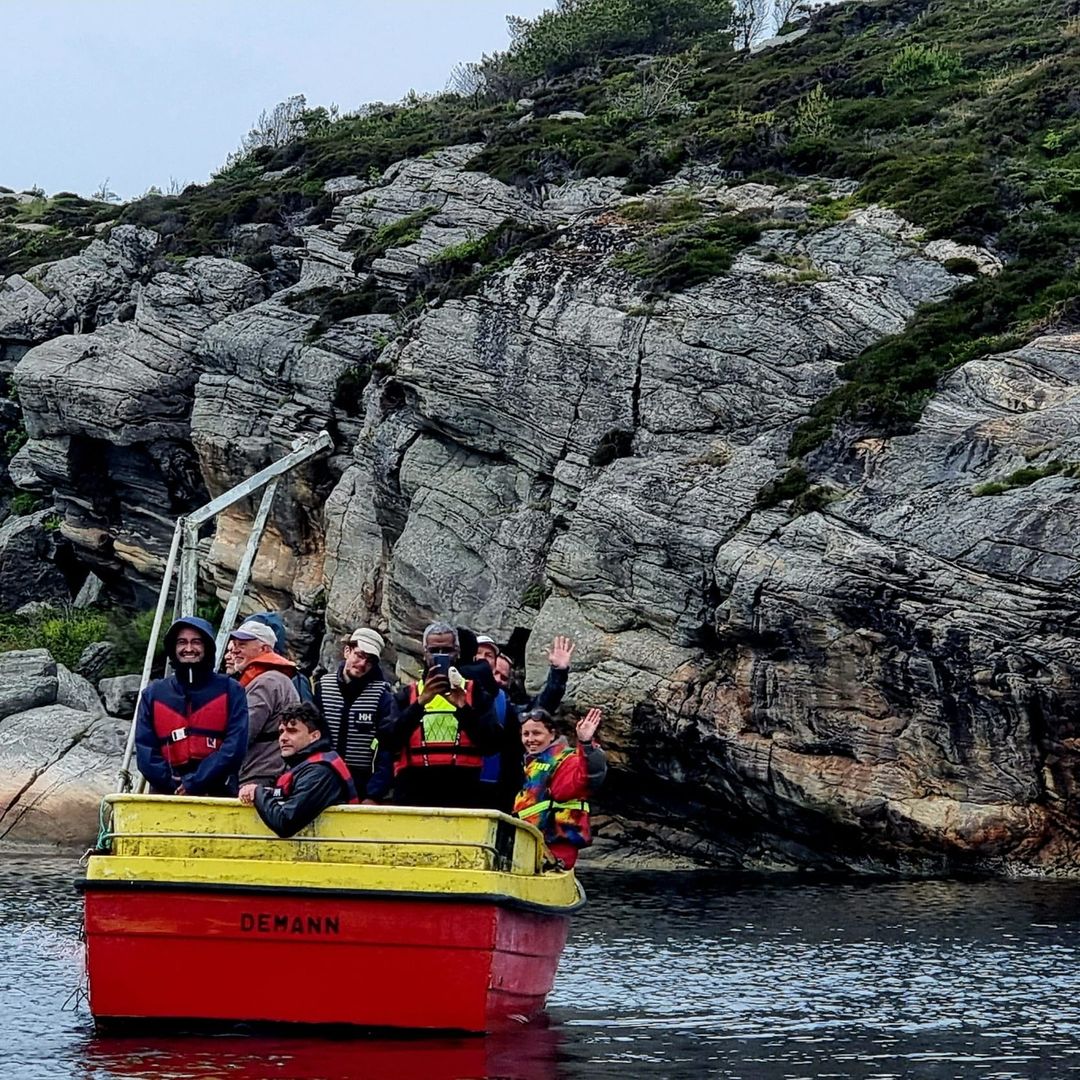
The second SEAS programme call is officially up with 23 postdoctoral positions in a variety of fields! Follow the link here to see the full list of positions.
And here for the application portal through Jobbnorge.
Having gone through the first round of applications, we decided to put together tips for getting through the SEAS postdoc application process.
- Read the call… Now read the call again.
It is often easy to misunderstand what is asked from you in the call. We all trust our senses. Yet, it is always good to read things more than once. Read carefully and make sure you follow the requirements. The call is detailed for a reason – to make you succeed. Do not skip any steps.
- Reach out to the potential supervisor as soon as possible.
Not only will you be working closely with the supervisor to develop the research proposal, but they will be able to let you know if you have all the necessary qualifications. Try to set up a video call with your potential supervisor. There is no formal interview for the SEAS postdoc positions so you will not be directly examined on your ability to talk to people under pressure. It is still important to discuss project ideas freely and see if there is a good personality match between you!
- Give yourself enough time to write the proposal.
In many cases the time it will take to write the proposal will be longer than you think. It will likely take multiple drafts of going back and forth with your supervisor(s) before you have a product ready to submit. Start sooner rather than later! Based on our own experiences, giving yourself two months is a good time frame to aim for.
- Approach each part of the proposal with equal attention.
While it may be easy to focus all your attention on the research proposal itself, make sure you spend adequate amounts of time and attention on each part of the proposal. For instance, how are you planning to disseminate your findings? Do you have any plans for outreach?
- Address how your research will contribute to marine sustainability.
The SEAS programme is interdisciplinary and the binding quality is the goal of working towards marine sustainability. Make sure marine sustainability is a central aspect of your proposal. Depending on the sponsoring project and research questions, the connection to marine sustainability may be more or less obvious. However, it is up to you to make that connection and convey it in a compelling manner.
- Think of the real-world impact – today and in the future.
While it is always interesting to pursue research questions that puzzle us personally, find a way to connect your personal interests to real-world issues. This will make your research meaningful to a broader audience, will show the potential value, and hopefully a positive future impact. Explicitly show awareness of the impact your research could have in the future.
- Be confident in your chosen methodology.
Rigorous and transparent methodology is the core of sound research. Discuss your methodology with the potential advisor and see if there is a need for additional training in particular methods. While we are all constantly learning and improving our skills, learning an entirely new method while doing a limited time postdoc might be challenging. So, be confident in the methods you choose and be explicit if you might need training.
- Be familiar with the literature you cite.
Familiarity with literature always shows. It is often evident if a person is familiar with a niche in a particular field; if they can see smaller details and a larger picture; if they can blend several bodies of literatures effortlessly; if they are able to quote or rephrase thoughts of other authors clearly. The opposite will also show: if you misquote someone or cite someone out of place; if you struggle to draw a clear picture of a chosen niche and where it is positioned.
- Be clear and concrete.
The last thing you would want is for the referees to misunderstand you. Ask yourself if the sentences and paragraphs send a clear message. If you leave space for interpretations, it will be to your disadvantage. Also, you have limited space, so do not get too attached to the text you write. Edit, cut, and revise to have the best final draft, without clutter.
- Be realistic.
The proposed project should be realistic to complete in the given time. Be explicit in the text as well as in the work plan as to how and why you will be able to implement the proposed work within the allotted time span. Rely on your past experiences to inform your timeline.

Be First to Comment